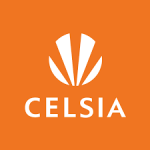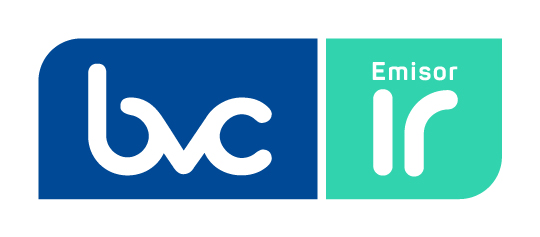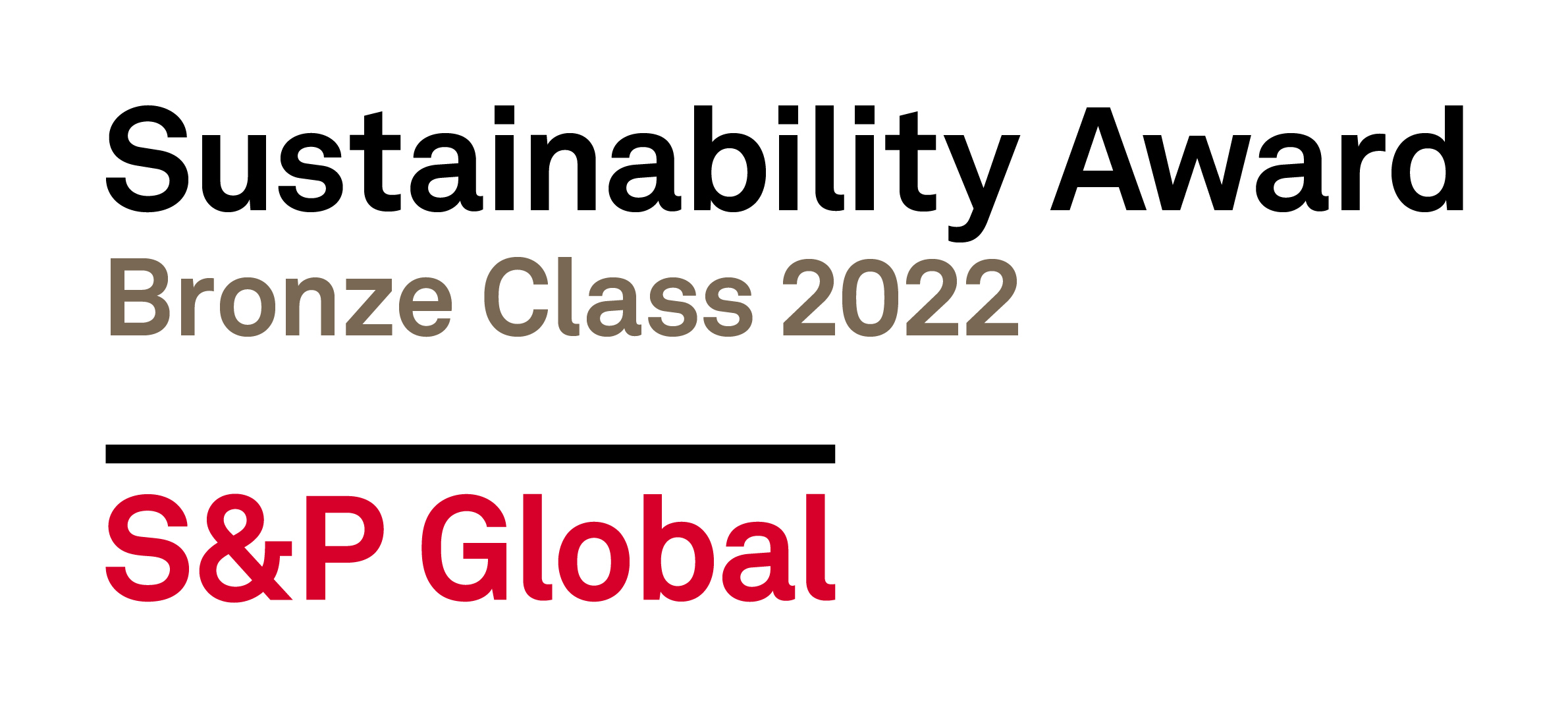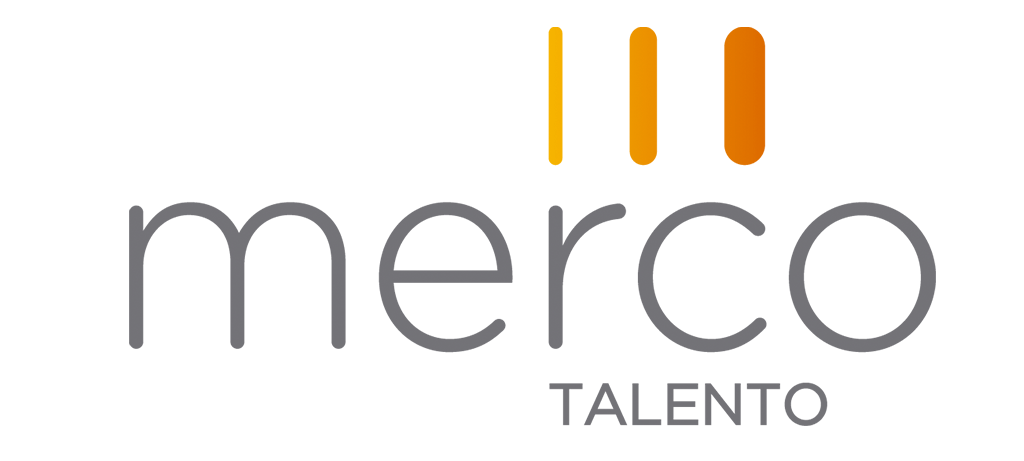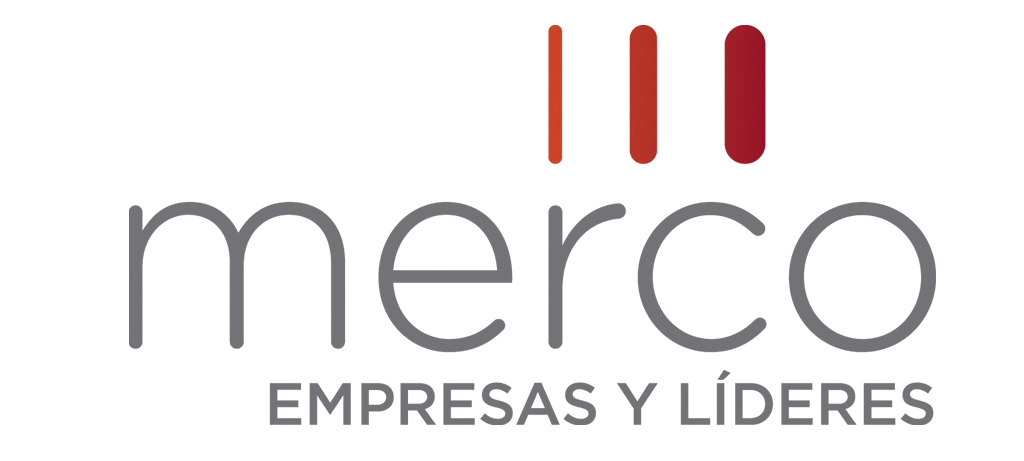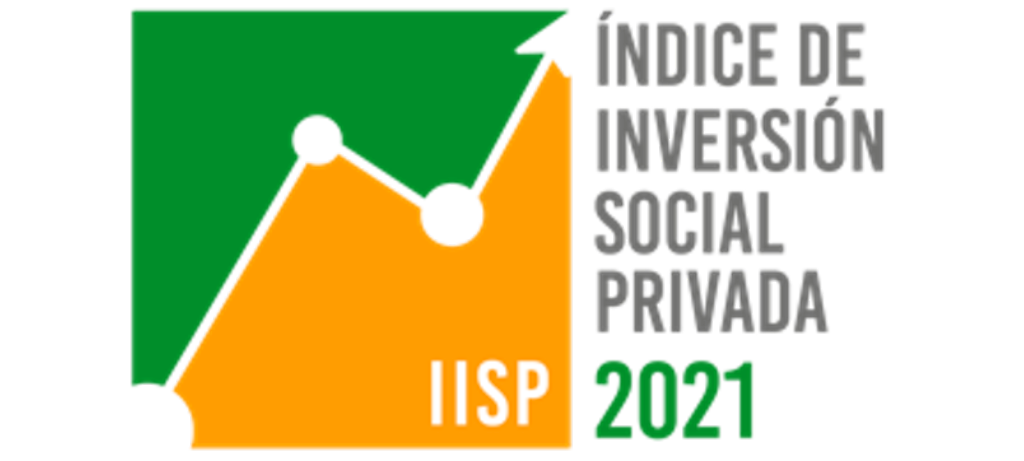We Are Partners of Development
Human Rights
At Celsia, we guide our actions and business decisions, respecting and promoting human rights.
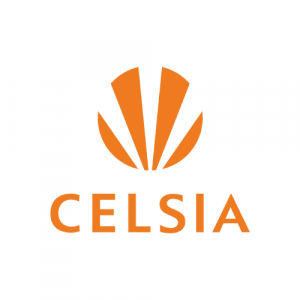
GRI (103-1) At Celsia, we declare our commitment to respecting and promoting human rights, from which we focus our actions and business decisions at all times, connecting to our humanity, framing our individual and collective responsibilities and inspiring us to act with conviction by relating us to the environment we inhabit and the people with whom we share.
These commitments guide our actions with Stakeholders, business relationships with our value chain, the manner in which we achieve results and the Company’s sustainability. Among these, we state that we promote, protect, respect and value:
Free and voluntary work
Health, protection and safety in the Company
Education and the development of children and youth
Freedom, equality and non-discrimination
Freedom of association and collective bargaining
The right to equality at work
Decent working conditions
Gender equity
Family life
The right to privacy
The rights of all ethnic communities
GRI (103-2) Committed to promoting, respecting and fulfilling human rights, at Celsia we seek that ethical integrity be the foundation of our business actions. That is why:
We have a Technical Panel on Human Rights , a transversal team, made up of representatives of Sustainability, Risks, Socio-Environmental, Human Talent, Legal Matters, Commercial, Supply, Compliance and Communications, whose function is to provide their vision, follow up on Corporate management of human rights and promote the permanent updating, improvement and strengthening of due diligence.
We manage the due-diligence process to identify, evaluate, prevent, monitor and report the possible risks of human-rights violations that the Company may incur.
In the Company’s Human Rights Policy, we declare our commitment to prevent and respect its aspects, with requirements for our own operations, suppliers and business partners, and the actions that bring us closer to said compliance. Likewise, in the contracts and agreement with suppliers, public and private security, there are clauses to ensure respect for human rights in these alliances.
We educate and train our employees in human rights to provide them with the essential tools to identify and manage the risks associated with this issue, and the Company’s obligations in this matter.
We constantly inform both the internal and external public about the Company’s management regarding human rights.
We evaluate our human-rights management with different indicators to monitor them and apply the best practices in their management.
We have defined guidelines for the development of the process of information, participation and prior consultation with the different social actors identified in the areas where we carry out actions on their projects, works or activities.
GRI (103-3) During 2021, we strengthened due diligence and human-rights management throughout the Organization, accompanied by an independent third party with expertise in the field. From this exercise, we:
Formed a Technical Committee on Human Rights, and defining the specific roles of each of its member in human-rights management.
Updated the Human-Rights Policy, in accordance with national and international standards and requirements for companies, covering all processes and operations in which the Company is involved and encompassing all our Stakeholders.
To update it, an extensive consultation of reference material was carried out, including the documents, including the How to Develop a Human-Rights Policy from the Global Compact and The ABC of Due Diligence in Human Rights, from the mining-energy sector, among others. Additionally, an analysis and mapping of current Company policies was carried out to identify gaps and coverage on human-rights issues, and a benchmarking of national and international human-rights policies of the sector was conducted. In parallel, we updated the clauses of public and private security agreements and supplier contracts with regard to human rights.
DJSI (3.3.2) Reviewed and updated the risks that may violate human rights in all Company processes, including the design of the respective action plans to mitigate them. Altogether, there were 42 processes evaluated, which reflects 100% of the processes, including the supply chain. These were evaluated according to their probability and impact, where – in the end – the level of exposure of each risk was obtained: critical, high, moderate or low. Within the identification, possible risks of violation related to forced labor, child labor, freedom of association, equitable remuneration and discrimination were taken into account and how these could affect our Stakeholders, including employees, women, children, local communities, suppliers and contractors.
Raised awareness and training the employees who are part of the Technical Desk and the Risk Managers; we had a total of 104 attendees. Three sessions were held, where participants learned about the history of human rights, the guiding principles, political commitment, reparation and the different claim mechanisms.
Developed a continuous-improvement model based on the implementation of human-rights management in the mining and energy sector, to measure our management against due diligence, and we carried out its respective follow-up and approached the best practices in human-rights management.
Started incorporating the human-rights approach into the Company’s complaint channels, among which are the Transparency-Line Management Protocol and its respective communication on the Website, the procedure and processing of Problems, Questions and Requests (PQRs), service assurance and communications management (requests and complaints).
Through our Environmental-Management Plans (PMA, in Spanish), facilitated our Stakeholders with the communication of their concerns or disagreements with the operation of the project, as well as potential situations that compromise their human rights.
During the reporting period, no cases were presented and no human-rights risks materialized; therefore, no remedial actions were carried out.
New Challenges
These are our short-, medium- and long-term challenges:
- Start the Awareness and Training Program for internal and external Stakeholders.
- Monitor the implementation of the actions plans established during the exercise of identifying and evaluating human-rights
- Improve Problems, Questions, Requests and Suggestions (PQRSs) communication- and reception-channels to integrated human rights into them.
- Accompany and guide our prioritized suppliers and contractors in implementing due diligence in their operations.
- Define and update action plans and repair plans based on risks identified.
- Transparently disclose our commitment, management and results in terms of human rights.
- Adapt human-rights management according to the current situation of the country, needs, risks and opportunities identified.
- Consolidate a continuous-improvement plan to continue ensuring the promotion of respect for human rights in all Stakeholders and in all our operations led in the future.
Glossary
Human Rights: The norms that recognize and protect the dignity of all human beings without any distinction.
Human Rights Due Diligence: A continuous management process that a company must carry out according to its circumstances, to assume its responsibility to respect human rights.
The process consists of:
- Having a political commitment to respect human rights.
- Identifying and evaluating negative impacts on operations and business relationships.
- Stopping, preventing and mitigating negative impacts.
- Monitoring human-rights management.
- Communicating how the impacts are addressed and raising awareness of the issue among Stakeholders.
- Repairing, when necessary.
Prior Consultation: A fundamental right specified through a procedure by which the State guarantees the representative authorities of the ethnic communities participation in and access to information on the projects, works or activities that are intended to be carried out in their territory, as long as they may affect them directly and specifically.
Stakeholders: Groups of people who form part of the Organization or with others with whom they maintain different relationships. Receiving and managing their suggestions, comments and expectations is essential to fulfilling the Organization’s strategy; among them, we highlight employees, suppliers and clients.
Transparency Line: Our line to personally or anonymously report incorrect acts or violations of the policies established in the Code of Business Conduct.
Vulnerable groups: Groups or communities of people who are in a situation of risk or disadvantage; for example, children, migrants, ethnic communities, women, religious groups, people with functional diversity, LGBTI, among others.
